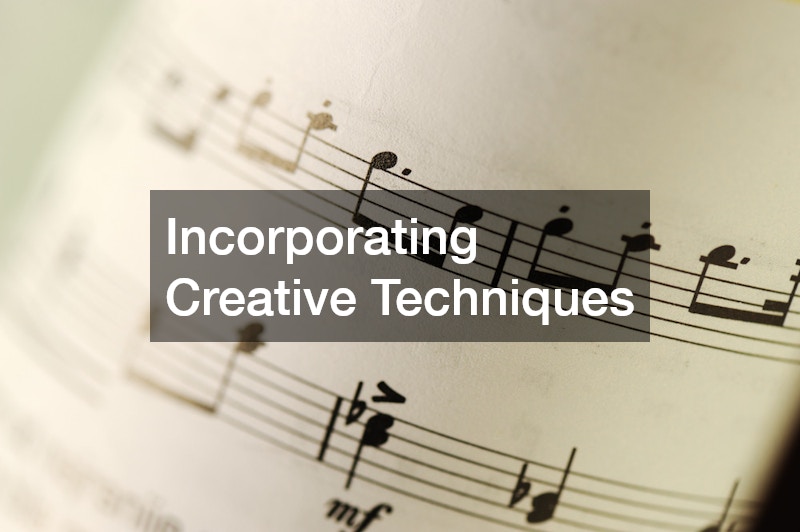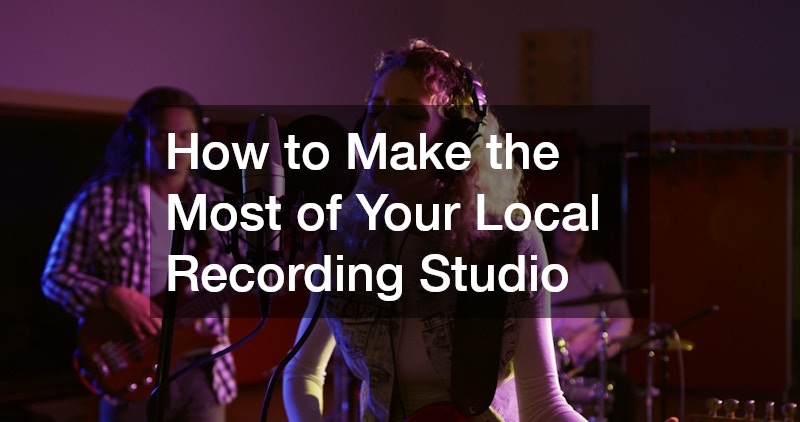Explore the potential of your local recording studio and optimize your music production efforts by understanding key strategies and utilizing available resources effectively. Local recording studios often provide a wealth of equipment and technical expertise that can be pivotal in bringing your musical vision to life. To fully capitalize on these opportunities, musicians must approach every aspect of the recording process with preparation and efficiency in mind.
What Equipment Do I Need to Bring?
Understanding What the Studio Provides
Every recording studio typically offers a unique set of equipment and resources; therefore, knowing what your local studio provides is essential. High-quality studios often feature professional-grade microphones, soundboards, and mixing consoles, which are critical for exceptional sound production.
It’s important to communicate with the studio beforehand to avoid duplication and to best utilize what is available on site.
By getting a comprehensive list of the studio’s equipment, you’ll save time and ensure you have everything necessary to meet your recording needs. This understanding can also help you identify any gaps where your personal gear might enhance the recording process. Knowing exactly what is at your disposal will prevent any surprises and allow for a smooth, uninterrupted session workflow.
Essential Gear to Pack
While the studio offers many tools, certain personal items should always be on your packing list. For example, musicians should bring their own instruments, especially guitars or keyboards, even if similar versions are available on site. Having your personal gear often means you’re more comfortable playing, which results in better performances.
You should also consider bringing any unique accessories that distinguish your sound, such as signature pedals, custom picks, or personal microphones. These items can be vital in recreating the exact sound you desire and often represent your unique musical voice. Furthermore, keeping a kit with essentials like extra strings, batteries, and adaptors can save significant time in case of unexpected equipment issues.
Preparing for Specific Recording Sessions
Your equipment checklist should be customized according to the type of recording session. For a vocal tracking session, bringing personal pop filters and unique vocal mics could be beneficial, especially if they help achieve a desired vocal quality. On the other hand, instrumental sessions might require additional gear like amplifiers and stands to meet the specific needs of the instruments involved.
If you are recording with a full band, making sure that all members know their personal equipment needs can help streamline setup. Carefully organizing gear based on each band member’s role will ensure the session is not delayed due to missing items. Communication among band members and with the studio is crucial to make every session productive and satisfying.
Optimize Your Studio Time
Effective planning is key to making the most of your studio time, ensuring that no seconds are wasted. Before entering a studio session, musicians should outline their goals and develop a clear plan of action. This could include mapping out which songs to record, estimating time allocation for each piece, and previewing any challenging sections.
Organizing all necessary materials beforehand, such as sheet music, MIDI files, or track lists, will also contribute to a smooth workflow. Documenting these elements digitally can add convenience and accessibility during the session. Communicating this plan with your team or band members ensures everyone is on the same page, minimizing confusion or delays.
Studio engineers are your partners in achieving great sound, and working collaboratively with them is vital. These professionals bring an understanding of acoustics and technology that can significantly elevate your recordings. Therefore, sharing your vision clearly and listening to their technical advice can be incredibly valuable.
Enhance Sound Quality and Creativity
Utilizing Advanced Studio Technology
Local studios often boast advanced technology that can transform your recordings with premium sound quality. Getting familiar with equipment like high-end mixing boards, compressors, or dynamic range expanders can be advantageous. Understanding these tools’ functions and features empowers musicians to make informed decisions about their sound.
Working closely with the studio staff to learn how best to utilize this technology can lead to higher-quality recordings. Many studios offer introductory sessions or tutorials on how to capitalize on their cutting-edge tools, which can be incredibly beneficial. Leveraging these resources can lead to polished, industry-standard tracks with exceptional clarity and detail.
Incorporating Creative Techniques
Creativity can be amplified through various innovative recording techniques, each adding depth and originality. Many artists explore multi-layered recording practices, or overdubbing, to enrich their sound by blending diverse musical elements. Trialing different microphone placements or using ambient sounds can further elevate the uniqueness of your tracks.
Experimenting with diverse instrumentation areas or unconventional scales adds distinctive tones and emotions to music. Looping, sampling, or integrating digital instruments can also provide unexpected results that captivate listeners. Encouraging these creative approaches can break conventional molds and result in memorable, boundary-pushing music.
Making the most of your local recording studio involves careful preparation, effective time management, and utilizing available technology to its fullest. Understanding how to leverage both personal and studio resources can significantly enhance your recordings and overall creative output. By combining thorough pre-session planning, communication, and a willingness to explore new techniques, musicians can unlock their full potential and create exceptional musical compositions.
.

